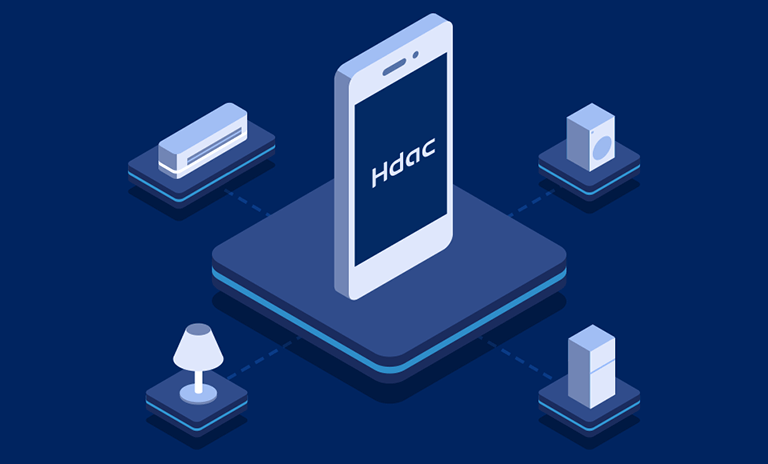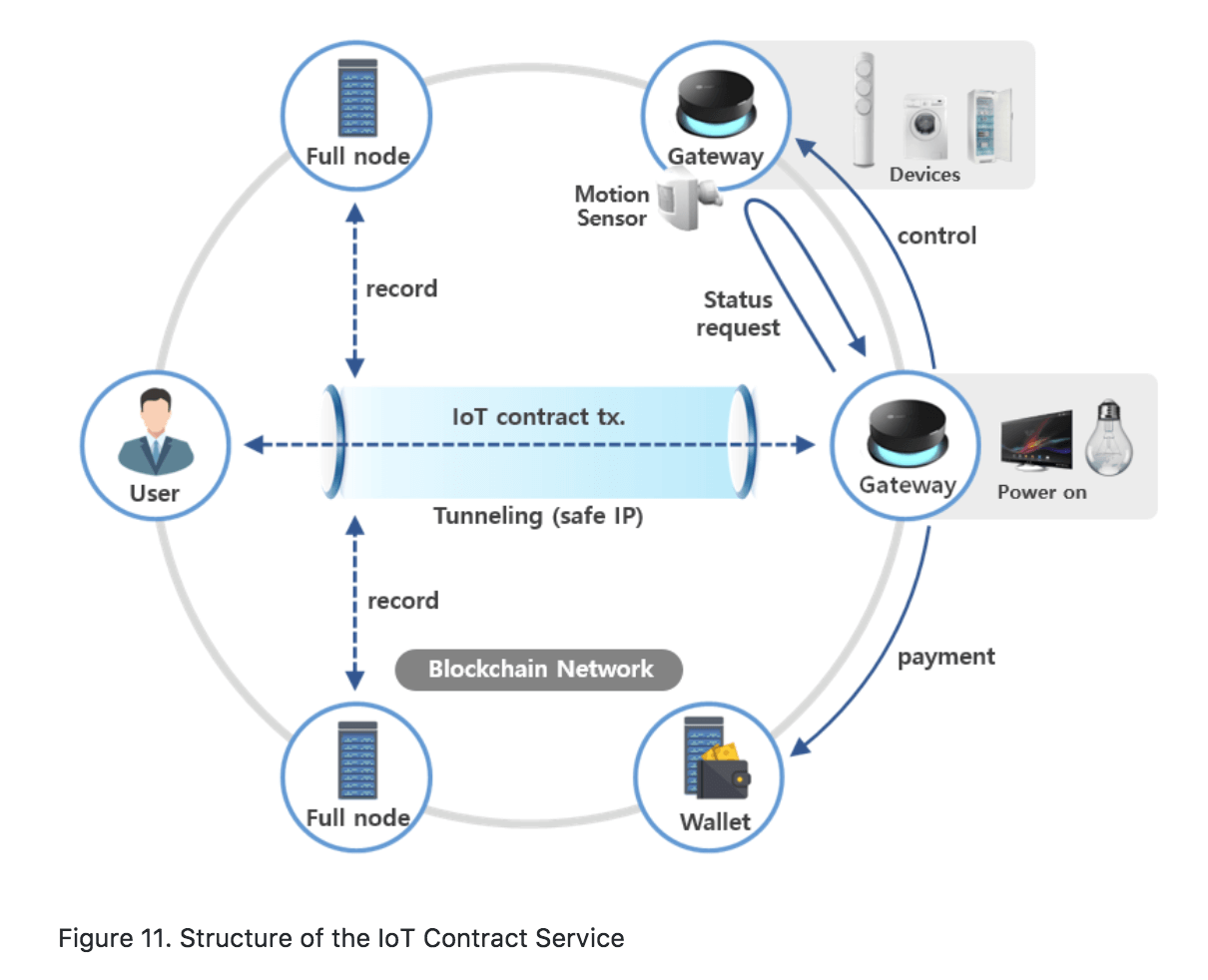
Hyundai Pay, the Internet-of-Things (IoT) arm of Hyundai, will be holding a joint ICO with Hdac Technology to issue HDAC tokens. Hdac Technology, a company founded earlier this year by Dae-Sun Chung, the grandson of Hyundai Group founder Ju-Yung Chung, is the creator of the Hdac blockchain, an IoT contract and payment platform.
Hyundai is one of the first major companies to hold a token sale. The firm said it will use the Hdac blockchain to address major security issues associated with IoT devices, and apply the technology to hardware payments applications.
According to a report by Research and Markets, the IoT market is expected to grow from US$170.57 billion in 2017 to US$561.04 billion by 2022. The rapid adoption of IoT and smart devices have raised the issue of cybersecurity.
“We are thrilled to hold a [token sale] in order to bring security and transparency to IoT devices,” said Dae-Sun Chung. “With more IoT devices hitting the market daily, our lives become more connected. Although there are many benefits to this, we open ourselves to great security risks.”
Hdac is an IoT contract platform based on its own blockchain that’s more IoT friendly. It runs separately from the Ethereum and Bitcoin protocols and is based on hybrid blockchain technology that offers a wider range of capabilities to ensure reliable connection and secured processing between devices.
Unlike other blockchain and cryptocurrency projects that are used mainly for payment means, Hdac is a platform to control IoT devices, process approval between machines, unify IoT data, utilize big data, send mutual confirmation between IoT devices, and to develop a variance-application program based on trust.
Hdac has a new PoW mining algorithm (ePoW) that reduces mining monopolization and 3-minute blocks, amongst other differentiating features. It also introduces the concept of IoT contract, which allows a HDAC token to be repurposed for a specific function. For instance, a HDAC token can be turned to function as the unique key to start a smart car, or a smart home device.


